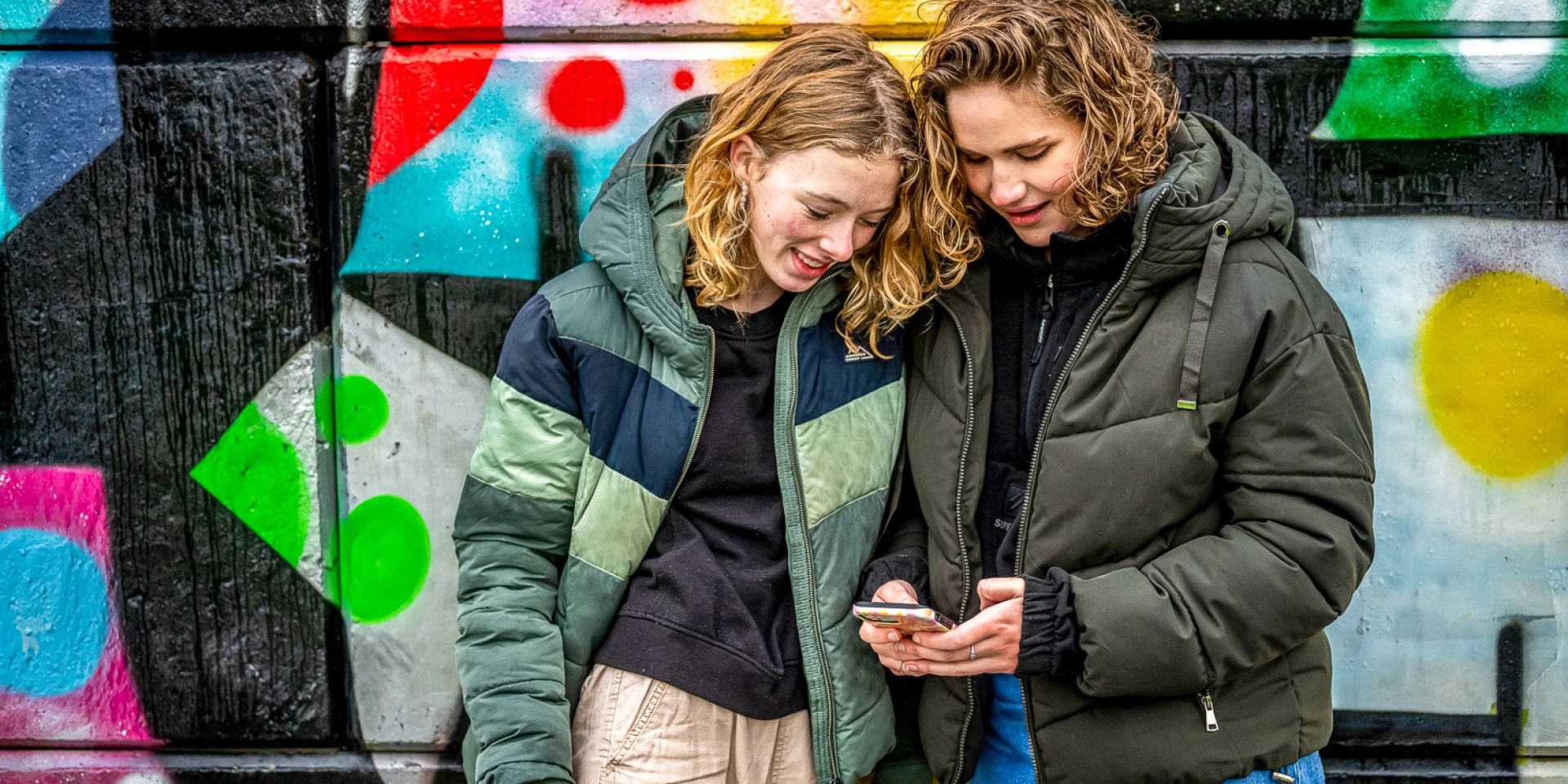
Paint-P
Do brief parent training programs help to reduce children's behavioral problems?
Parent training is an effective and widely used treatment to reduce behavioral problems in children. Research has shown that parent training works, but we do not yet know exactly which components of the training are effective. Additionally, it has not yet been studied which elements work better for certain children and parents, and to what extent.
In the PAINT-P (the “P” stands for "parent") project, we investigate behavioral therapies for parents of children with behavioral problems. Parent training is an effective method to reduce children's behavioral problems. However, most parent training programs are long and not always sufficiently tailored to the specific problems of individual parents and children. Through PAINT-P, we are researching brief, personalized parent training sessions that are customized to the needs of both the parent and the child. These training sessions are designed for parents of children aged 2 to 12 with ADHD and/or behavioral problems. We aim to find out whether these training programs help reduce children's behavioral problems.
Different studies
PAINT-P includes various studies, such as PAINT-P Microtrial, PAINT-GGZ Pilot, PAINT-GGZ, PAINT-POH, and PAINT-Wijkteam.
In the PAINT-P Microtrial, we investigated how effective two types of behavioral therapy techniques are individually. In two sessions, parents learned to apply techniques that either precede behavior (antecedent techniques, such as setting clear rules and structuring the environment) or follow behavior (consequent techniques, such as rewarding desired behavior and ignoring unwanted behavior). Both types of techniques were found to be effective in reducing behavioral problems. Additionally, antecedent techniques seemed to work slightly faster than consequent techniques. Based on this study and a meta-analysis we conducted, we developed a brief parent training program that includes both types of techniques.
In the PAINT-GGZ Pilot, we conducted a small-scale study to assess the feasibility for parents and therapists in child mental health care (GGZ) to deliver this brief parent training.
In the PAINT-GGZ study we are investigating the brief parent training on a larger scale across various child mental health care institutions. Parents can receive booster sessions for up to a year after the training if necessary. In this study, we aim to determine whether the brief parent training, with optional booster sessions up to a year after the training, is more effective in reducing behavioral problems than the regular care provided for (parents of) children with behavioral problems. We also compare the costs (such as therapy attendance and medication use) and benefits (such as a reduction in behavioral problems) of the parent training with those of regular care.
In the PAINT-POH study, we are investigating the effectiveness of the brief parent training in general practices. In this project, the intervention is offered by mental health support workers for children and youth (POH-Jeugd). The goal is to make the parent training easily accessible to parents and to support them at an early stage.
In the PAINT-Wijkteam study, we are examining the assistance that community care teams provide to parents of children with behavioral problems. Additionally, we investigate how we can best implement the brief parent training in community care teams, so it can be offered in the best possible way. Similar to PAINT-POH, the goal is to help parents of children with behavioral problems at an early stage and in an accessible manner.
